Tubular locks are not to be confused with those similar to them, such as wafer tumbler locks, cylindrical wafer tumbler locks and pin tumbler locks. Tubular locks are used in the creation of elevator locks, locks for coin-operated washing machines, locks for vending machines, ATM locks, Kensington computer locks and bicycle locks, including the Kryptonite lock. Read More…
At Camlock Systems, we take pride in being a trusted leader in the design and manufacture of high-quality locking systems that safeguard equipment, assets, and facilities across a wide range of industries. With decades of experience, we have developed an extensive portfolio of locks that balance durability, precision, and security, ensuring that our customers can rely on us for both everyday...

At Lowe & Fletcher, we have built our reputation on designing and manufacturing high-quality locks that serve a wide variety of industries and applications. With a history of engineering excellence, we are proud to combine traditional craftsmanship with modern technology to produce locks that are both secure and reliable.

At Kaba Ilco, we have built our reputation as a trusted leader in the lock and key industry by combining innovative technology with a long-standing tradition of quality craftsmanship. We specialize in the design and production of locks, key blanks, key cutting machines, and advanced key duplication systems that serve both original equipment manufacturers and aftermarket professionals.

More Tubular Lock Manufacturers
Understanding Tubular Locks: Design, Mechanism, and Applications
Tubular locks, also known as tubular pin tumbler locks or round key locks, are a popular security solution characterized by a ring-shaped hole in the middle of the keyway. At the center of this circular hole sits a solid metal cylinder. Surrounding this cylinder, within the gap between the cylinder and the keyway hole, are six to eight spring-loaded pins, although some tubular locks may feature as few as four or as many as ten pins. This unique construction is what gives tubular locks their distinctive configuration and operational characteristics.
The lock pins are held in place by plugs that rest inside the cylinder, accompanied by driver pins and springs. Unlike the more common pin tumbler locks found in residential door locks, which use pins that move vertically, the pins in a tubular lock move horizontally. This horizontal movement, combined with the tubular shape, provides both mechanical simplicity and versatility in terms of installation and use.
How Do Tubular Locks Work?
To operate a tubular lock, a specially designed round key—open in the center—is inserted into the lock. The key features rectangular notches cut around its outer edge, precisely corresponding to the positions and heights of the internal pins. When the key is inserted, each notch depresses its respective pin to the required height, aligning the pins so that the lock cylinder can rotate freely. This mechanism closely resembles that of traditional pin tumbler locks, but the orientation and arrangement of the components differ due to the lock's cylindrical design.
When properly inserted, each notch on the key pushes a specific pin to the correct height, disengaging the locking mechanism and allowing the cylinder to turn. This precise interaction is what provides the smooth operation and reliable functionality for which tubular locks are known.
Common Misconceptions and Security Considerations
Tubular locks are widely used in applications such as vending machines, coin-operated laundries, bicycle locks, display cases, and ATMs. This prevalence has led to a common misconception that tubular locks offer superior security compared to standard pin tumbler locks. In reality, while their unique design may deter casual tampering, they are not inherently more secure. Specialized tubular lock picking tools, improvised devices like the back end of a ballpoint pen, or even a hole-saw drill bit can compromise many basic tubular locks with relative ease.
In response to these vulnerabilities, some manufacturers have improved the security of tubular locks by machining the center pin out of hardened steel or incorporating a ball bearing in the core. While these features increase resistance to picking and drilling, tubular locks are generally not recommended for applications where high security is a top priority, such as exterior door locks or safes.
Where Are Tubular Locks Used? Key Applications and Use Cases
Despite their limitations in high-security scenarios, tubular locks remain a preferred choice in a variety of industries thanks to their ease of use, compact design, and cost-effectiveness. Common use cases include:
- Vending machines and coin-operated devices: Tubular locks are the industry standard for securing the cash boxes and access panels of vending machines, arcade games, and payphones due to their simple operation and moderate security.
- Bicycle locks and motorcycle locks: Many U-locks and cable locks for bikes and motorcycles utilize tubular keys for quick, reliable access.
- Display cases and cabinets: Retail environments often use tubular locks to secure glass display cases, jewelry cabinets, and showcases, providing a balance between security and convenience for authorized personnel.
- ATMs and financial kiosks: Tubular locks secure access panels and maintenance doors, safeguarding sensitive components and cash storage areas.
- Laundry machines: Coin-operated washers and dryers in laundromats frequently rely on tubular locks for compartment security.
- Gaming and amusement machines: Slot machines, arcade cabinets, and claw machines often feature tubular locks to protect internal components and cash boxes.
- Alarm systems and electrical enclosures: Utility boxes, alarm control panels, and electrical enclosures use tubular locks to restrict access to critical infrastructure.
Are you searching for the best lock type for your vending machine, display cabinet, or ATM? Explore our guide on choosing the right tubular lock for your application or contact an expert lock manufacturer for personalized recommendations.
Advantages of Tubular Locks
While not suitable for every environment, tubular locks offer several significant benefits that make them a compelling choice for commercial and industrial applications:
- Quick operation: The simple insertion and turn mechanism allows for rapid access, making them ideal for service personnel who need to unlock and relock equipment frequently.
- Compact, low-profile design: Tubular locks are small and unobtrusive, fitting easily into tight spaces or flush with surfaces, which is essential for vending machines and kiosk applications.
- Cost-effective security: Compared to high-security lock systems, tubular locks deliver a good balance of affordability and protection for low- to moderate-risk assets.
- Compatibility with a wide range of equipment: The standardized design makes it easy to source replacement locks and keys for various machines and enclosures.
- Ease of rekeying: Many tubular locks can be rekeyed or replaced without complex tools, simplifying asset management for operators of large fleets of machines.
Disadvantages and Decision Factors
When evaluating tubular locks vs. standard pin tumbler locks or other locking mechanisms (such as disc detainer locks, wafer cam locks, or electronic locks), consider the following limitations:
- Susceptibility to picking and drilling: With the right tool, tubular locks can be compromised fairly quickly, limiting their use in high-risk or high-value applications.
- Limited key control: Tubular keys are sometimes easier to duplicate than restricted or patented keyways, reducing security in environments where key control is critical.
- Not recommended for exterior doors or high-security needs: For securing building entries, safes, or other sensitive areas, choose a high-security lock certified by recognized standards (such as ANSI/BHMA Grade 1).
Curious about which lock type is best for your specific needs? Compare tubular locks with other lock types or read our in-depth guide to lock mechanisms for more information.
How to Choose the Right Tubular Lock for Your Application
When selecting a tubular lock, consider the following decision criteria to ensure optimal performance for your use case:
- Number of pins: More pins generally equate to greater resistance to picking, but may come at a higher cost.
- Material and construction quality: Look for locks with hardened steel components or anti-drill features for improved security.
- Key control policies: Evaluate whether your application requires keys that are difficult to duplicate or restricted to authorized personnel only.
- Environmental exposure: For outdoor or harsh environments, select locks with weather-resistant seals and corrosion-resistant finishes.
- Compatibility with existing infrastructure: Ensure the lock’s dimensions, cam type, and mounting options match your equipment or enclosure.
- Brand reputation and support: Choose manufacturers known for quality, reliability, and responsive customer service.
Frequently Asked Questions About Tubular Locks
- What is a tubular lock used for?
Tubular locks are commonly used in vending machines, coin-operated laundry equipment, ATMs, bicycle locks, display cases, and similar commercial equipment where moderate security and quick access are essential. - Are tubular locks secure?
While tubular locks offer basic protection against casual tampering, they are not suitable for high-security applications due to vulnerabilities to specialized picking tools. - How do you open a tubular lock without a key?
Security professionals and locksmiths can use dedicated tubular lock pick tools to open these locks for authorized purposes. Unauthorized access is illegal and strongly discouraged. - Can you rekey a tubular lock?
Yes, many tubular locks can be rekeyed or replaced if keys are lost or compromised, making them convenient for asset management. - What are the advantages of tubular locks over traditional locks?
Tubular locks are compact, easy to use, and often quicker to operate than standard pin tumbler locks, making them ideal for equipment that requires frequent access. - Where can I buy high-quality tubular locks?
Purchase tubular locks from reputable manufacturers and distributors specializing in commercial security hardware, vending machine parts, or industrial equipment.
Comparing Tubular Locks to Other Security Solutions
When evaluating the security of your assets, it’s important to compare tubular locks with alternative locking systems. Consider the following options:
- Pin tumbler locks: Commonly used in residential and commercial doors, these locks offer higher security with advanced features like anti-pick pins and restricted keyways.
- Wafer cam locks: Ideal for mailboxes and cabinets, wafer locks are cost-effective but offer less resistance to picking than tubular or pin tumbler locks.
- Disc detainer locks: Favored for their pick resistance, these are often used in high-security padlocks and bike locks.
- Electronic locks: Provide keyless entry, audit trails, and remote management, making them suitable for access control in smart buildings and critical infrastructure.
Key Features to Look for in Commercial Tubular Locks
When purchasing tubular locks for vending machines, display cases, or other commercial applications, prioritize the following features:
- Anti-pick and anti-drill protection: Enhanced lock cores and hardened steel inserts provide additional security against common attack methods.
- Master keying capabilities: For organizations managing large numbers of locks, master key systems allow for hierarchical access control.
- Weather-resistant designs: Locks exposed to outdoor elements should be constructed with rust-resistant materials and protective seals.
- Compliance with industry standards: Check for certifications or compliance with security standards relevant to your industry.
How to Maintain and Service Tubular Locks
Proper maintenance is crucial for ensuring the longevity and reliability of tubular locks. Follow these best practices:
- Regularly clean the lock cylinder and keyway with compressed air to remove dust and debris.
- Apply a suitable lock lubricant periodically to prevent sticking or jamming.
- Inspect for signs of tampering or wear, especially in high-traffic or exposed environments.
- Replace keys and rekey locks promptly if keys are lost or compromised.
- Consult your lock manufacturer or a professional locksmith for service and repairs as needed.
Choosing a Trusted Tubular Lock Manufacturer
When sourcing tubular locks for your business or organization, it’s important to partner with a reputable manufacturer who can provide:
- High-quality, durable products engineered for your specific application.
- Responsive technical support and after-sales service.
- Customization options, such as keyed-alike or master key systems.
- Comprehensive warranties and industry certifications.
Ready to purchase tubular locks or need a custom security solution? Request a quote or talk to our experts for guidance on product selection and integration.
Summary: Are Tubular Locks Right for You?
In summary, tubular locks deliver reliable, cost-effective security for a variety of commercial and industrial applications, from vending machines and display cases to ATMs and bike locks. Their ease of use, compact design, and compatibility with standard equipment make them a practical choice for moderate-risk environments. However, for situations demanding high-security protection against sophisticated attacks, consider alternative lock types with advanced security features.
If you’re evaluating security solutions for your business, contact our lock specialists for tailored recommendations.





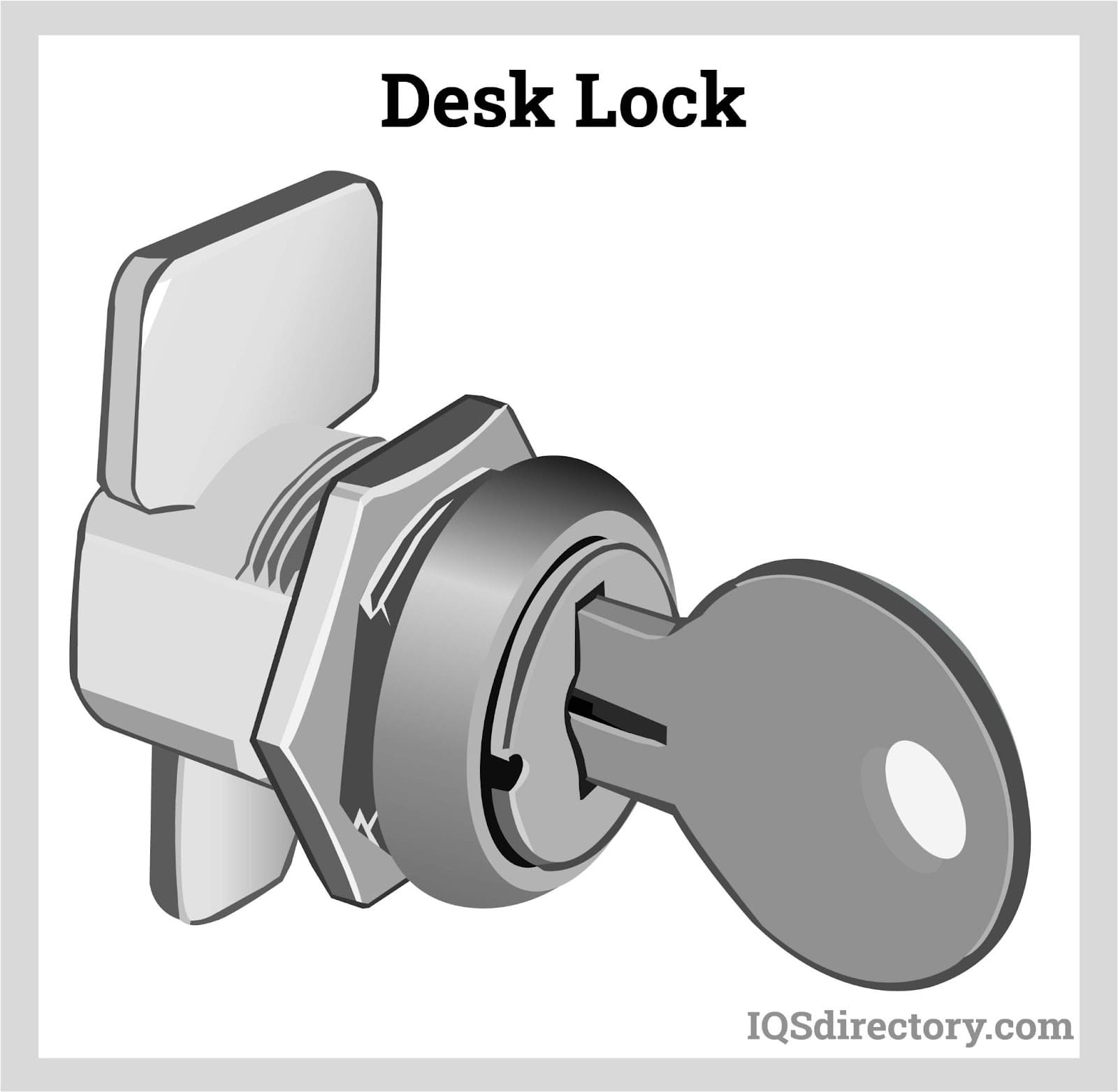
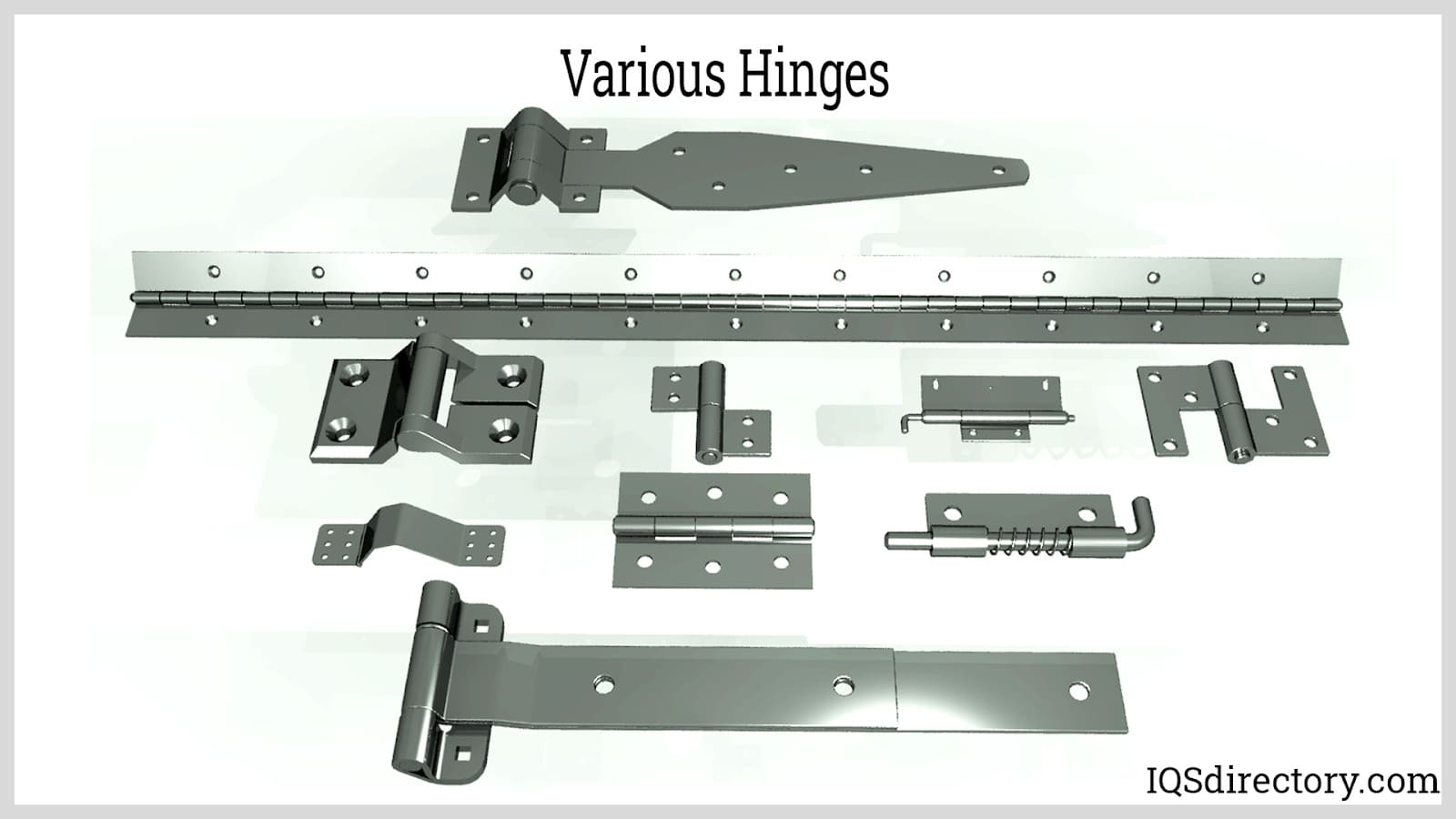
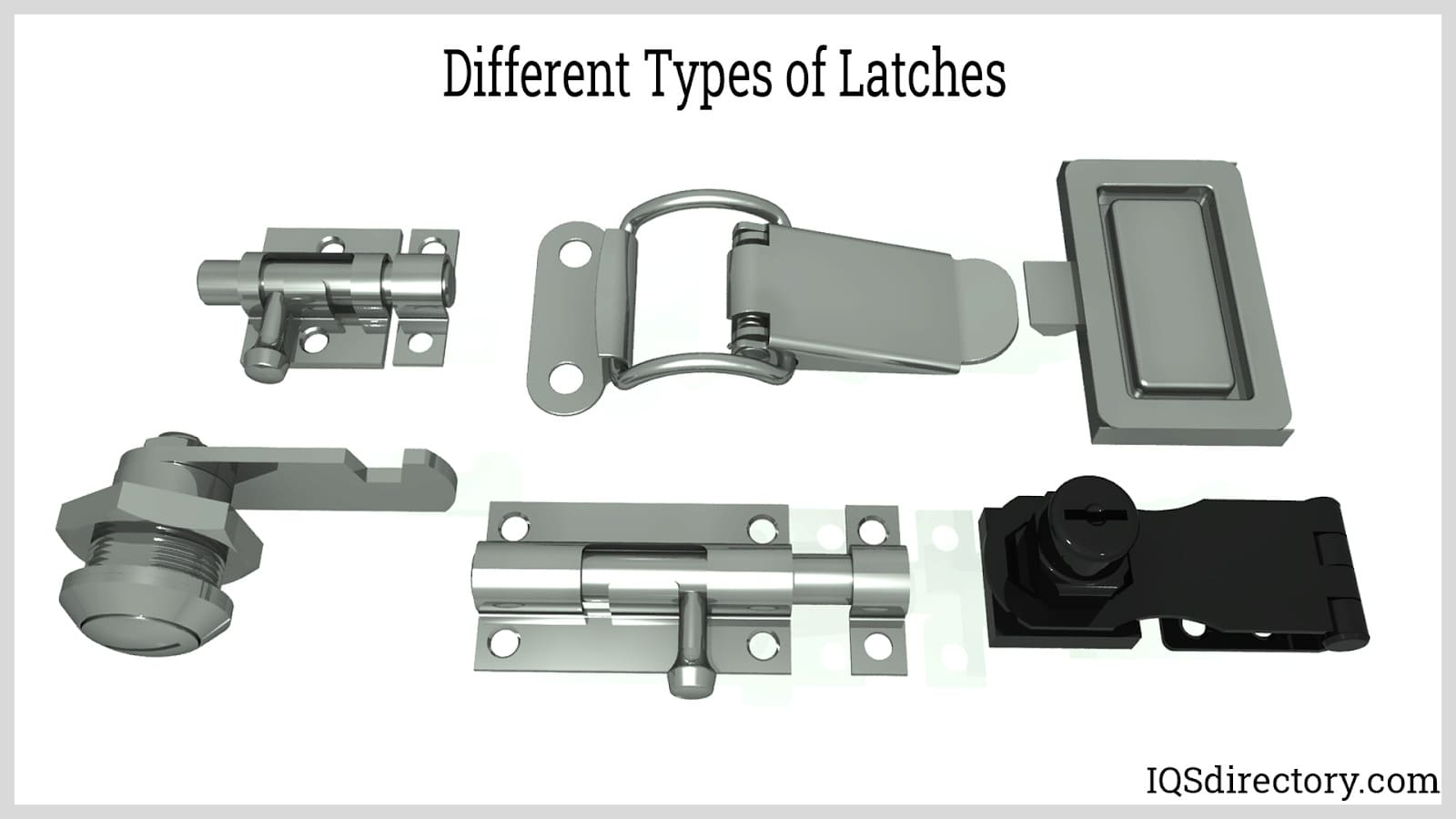
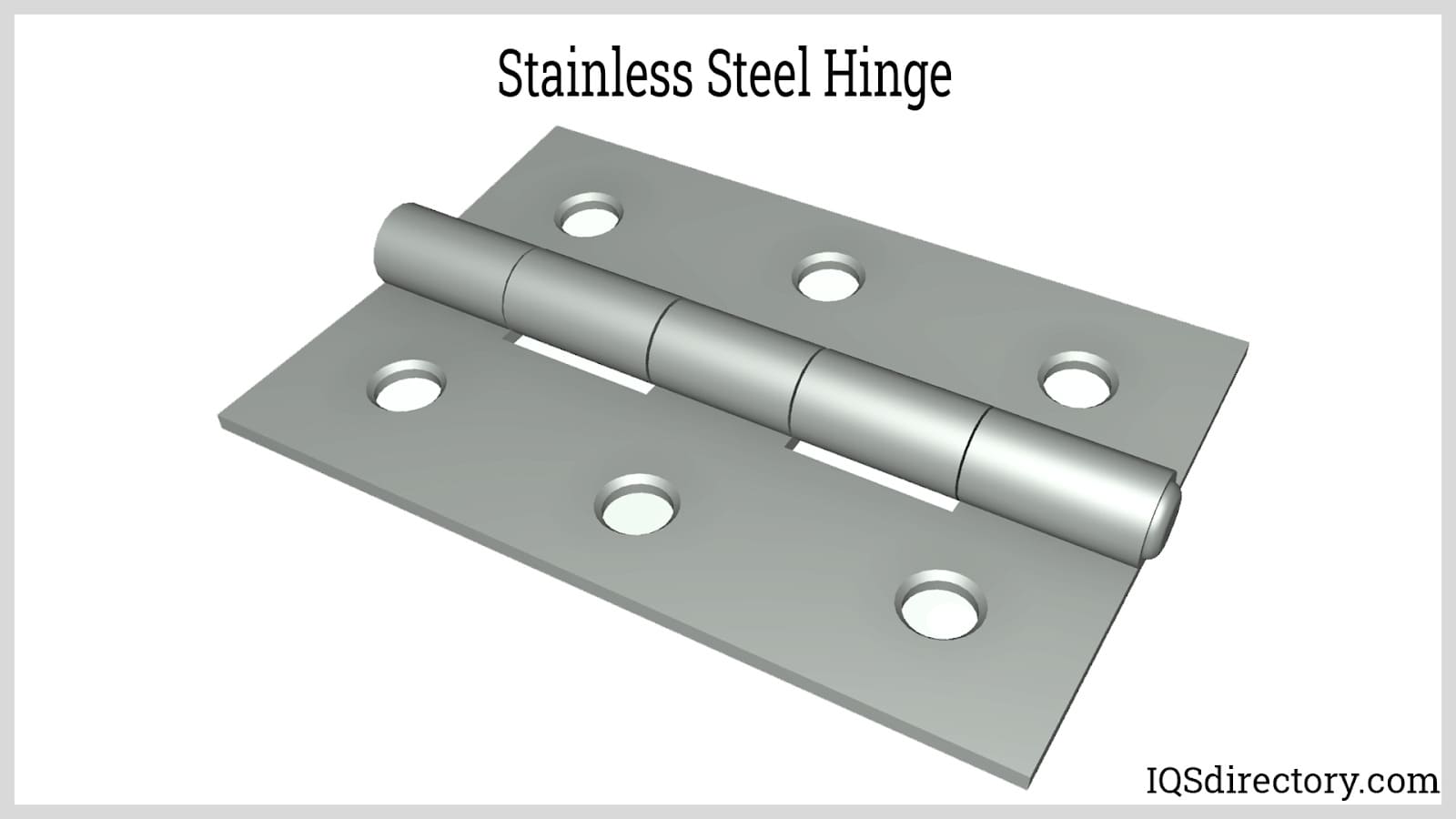
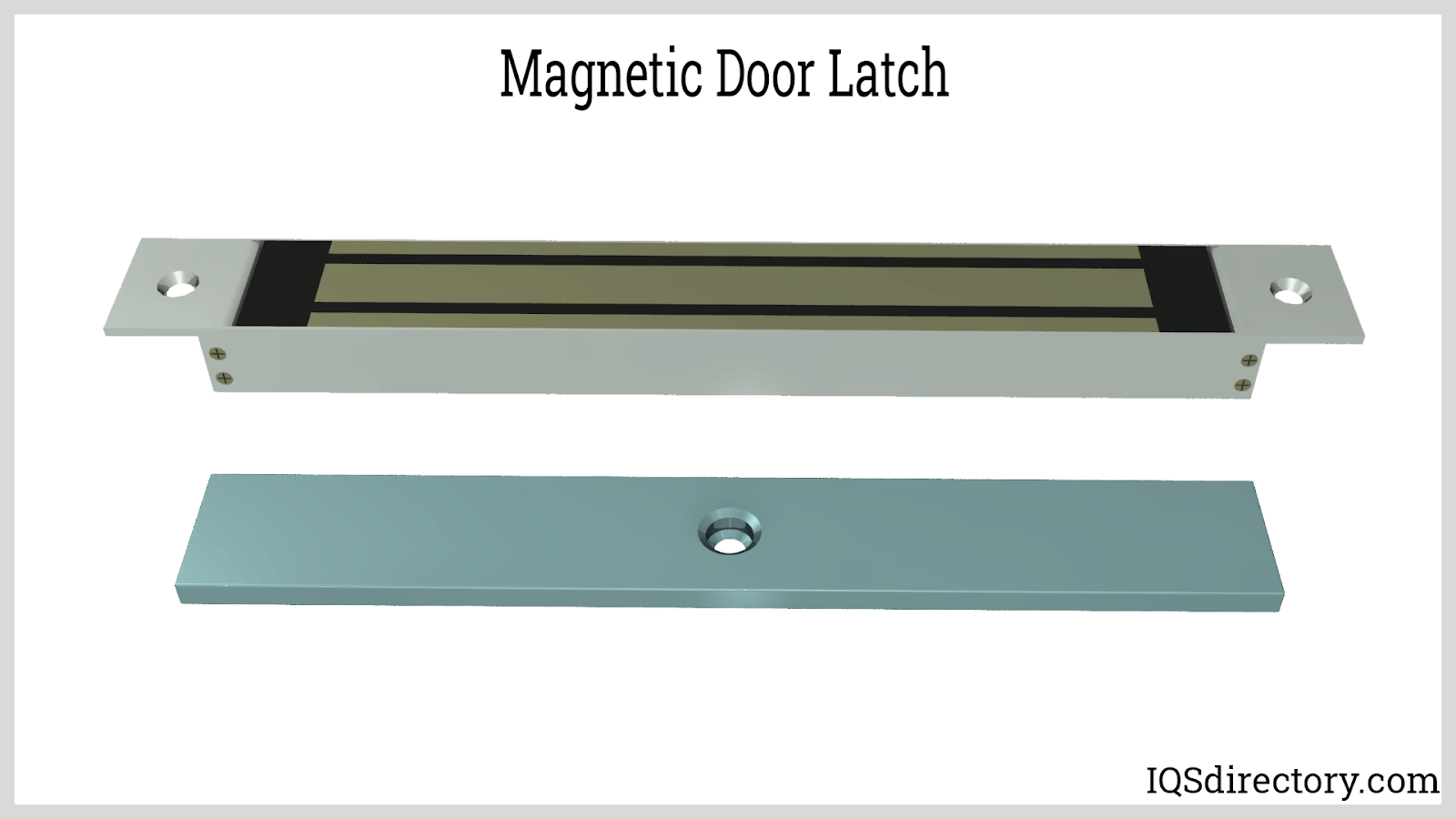
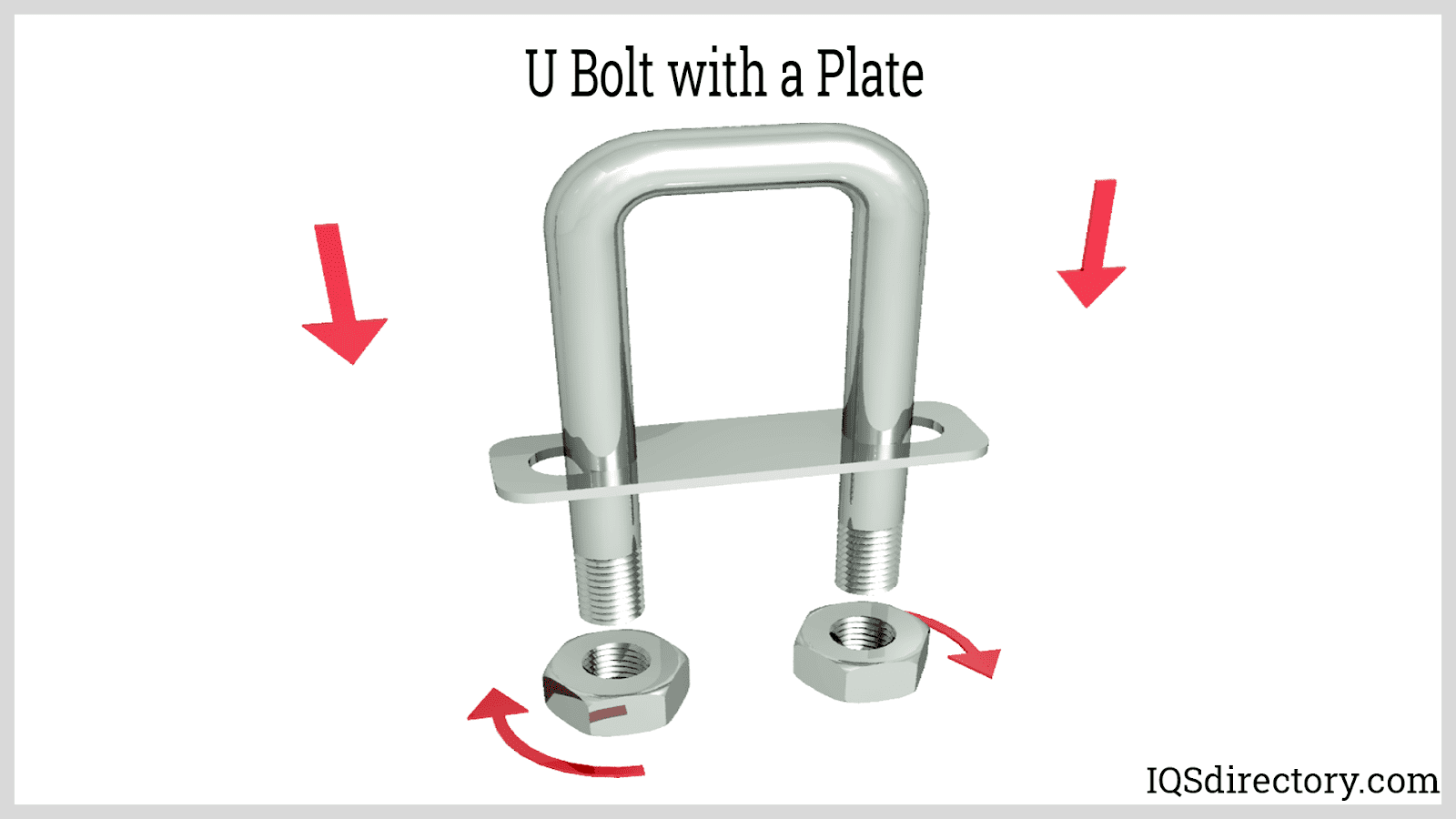
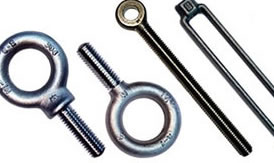 Bolts
Bolts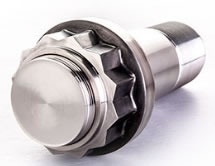 Fasteners
Fasteners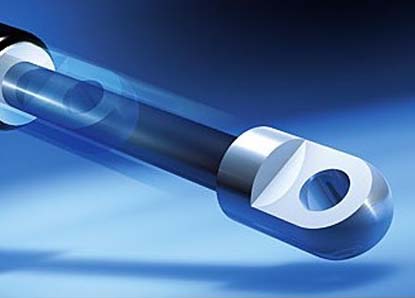 Gas Spring
Gas Spring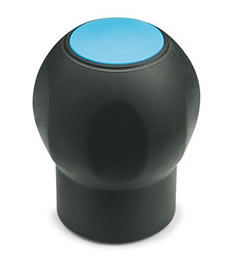 Handles
Handles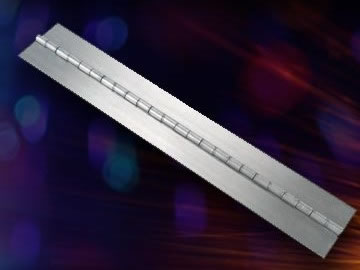 Hinges
Hinges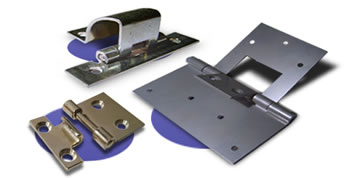 Latches
Latches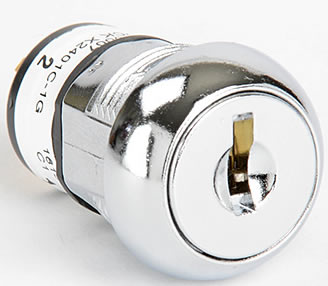 Locks
Locks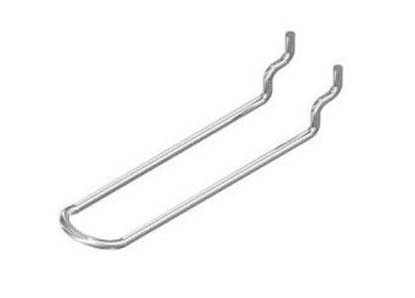 WIre Hooks
WIre Hooks Castings & Forgings
Castings & Forgings Bulk Material Handling
Bulk Material Handling Electrical & Electronic Components
Electrical & Electronic Components Flow Instrumentation
Flow Instrumentation Hardware
Hardware Material Handling Equipment
Material Handling Equipment Metal Cutting Services
Metal Cutting Services Metal Forming Services
Metal Forming Services Metal Suppliers
Metal Suppliers Motion Control Products
Motion Control Products Plant & Facility Equipment
Plant & Facility Equipment Plant & Facility Supplies
Plant & Facility Supplies Plastic Molding Processes
Plastic Molding Processes Pumps & Valves
Pumps & Valves Recycling Equipment
Recycling Equipment Rubber Products & Services
Rubber Products & Services